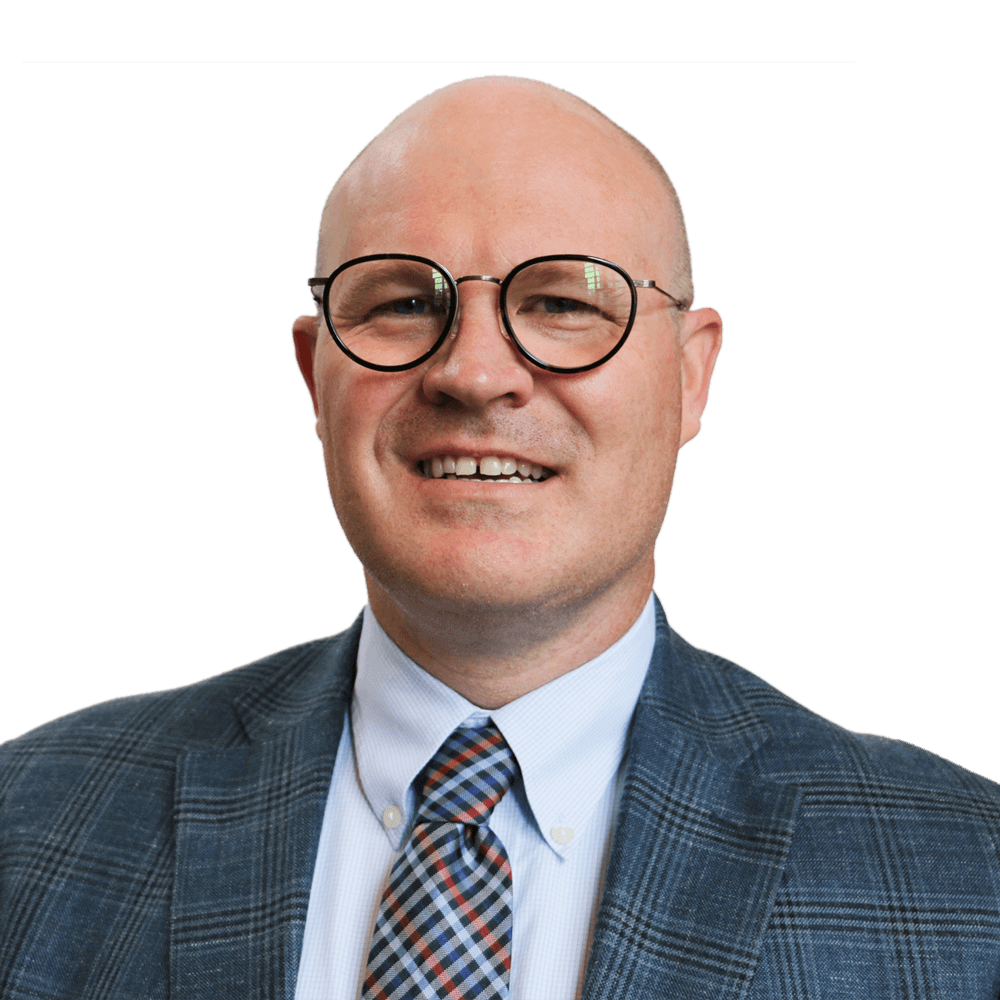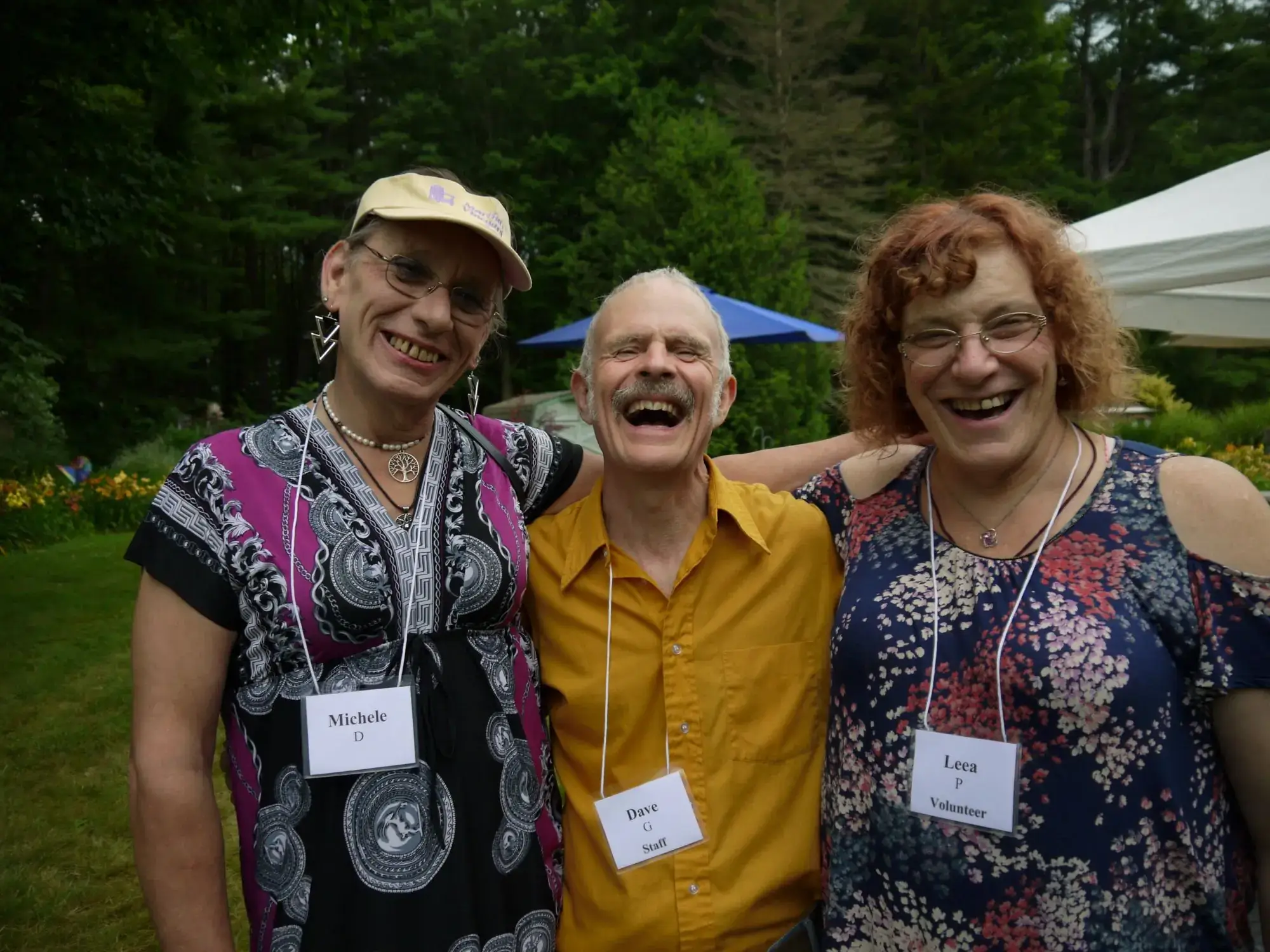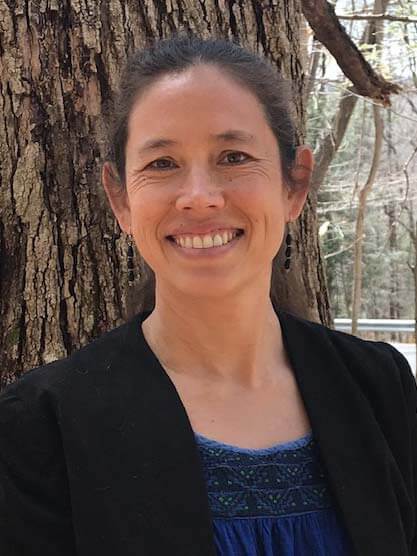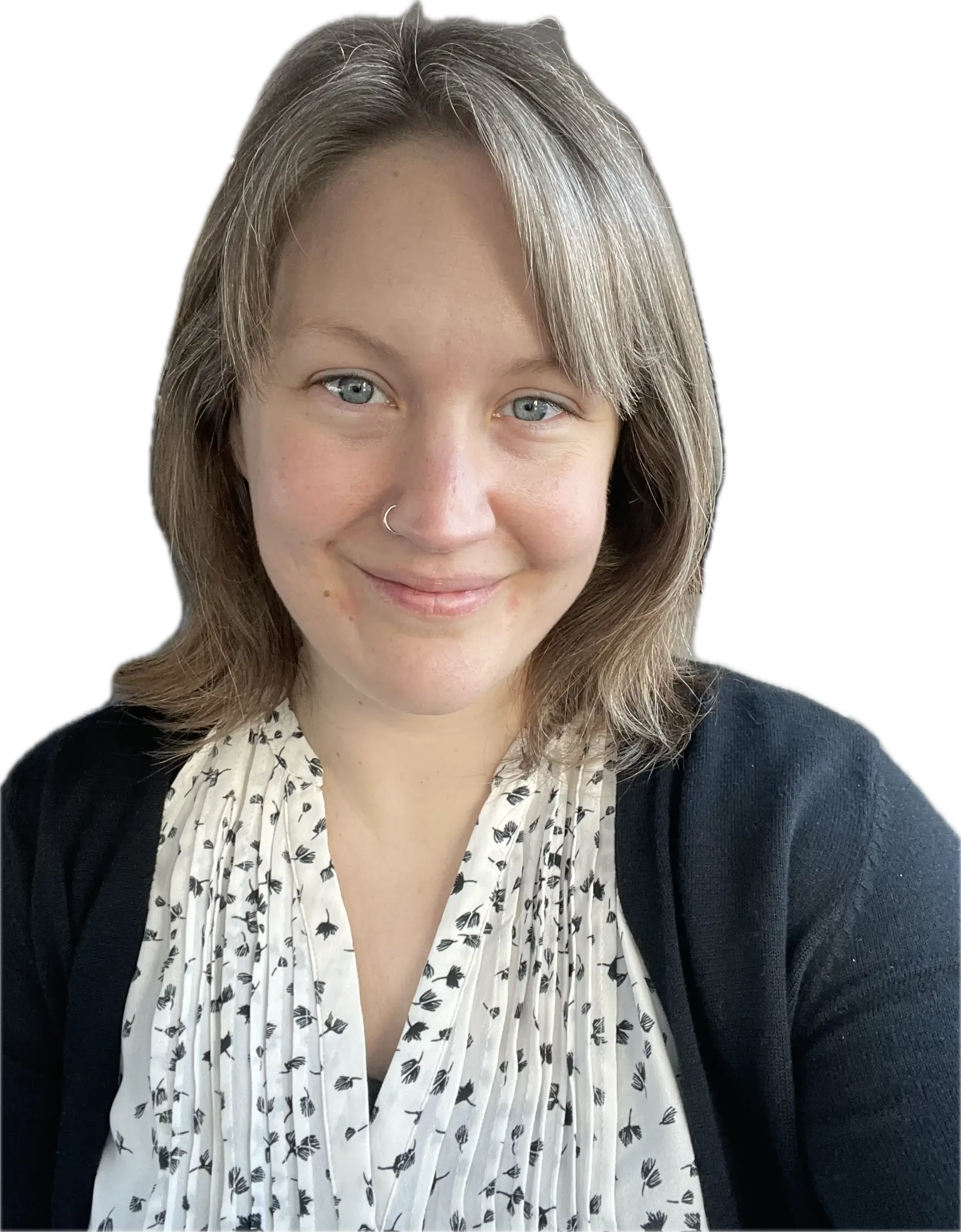Have you been or known an older adult who could not find transportation to a medical appointment? Or who needed to find an affordable place to live? How about someone (or yourself) who is having trouble getting to the grocery store, cooking meals, or feels like they could experience a fall or other medical event and no one would know? Perhaps you or someone you know is feeling too isolated? These, and many other challenges in our area, are what LifePath and Franklin Regional Council of Governments (FRCOG)’s Age & Dementia Friendly Franklin County and North Quabbin Regional Action Plan 2024-2028 was created to address.
As our communities change and age, national and state models are guiding the work of analyzing needs and setting regional priorities. FRCOG and LifePath partnered to conduct a regional needs assessment for older adults in Franklin County and the North Quabbin region. The survey’s final report was issued in fall of 2022 followed by communities discussing their towns’ findings and how to act on recommendations.
The rural nature of our area has crafted, over many years, an awareness that neighbors need to care for one another.
Based on the survey data and community conversations, LifePath and FRCOG led a steering committee and workgroups to develop the Action Plan. The plan provides an outline to address goals organized by AARP “livability domains.” Livability domains are ways to divide necessary work into segments around social drivers of health. These eight domains are Housing, Outdoor Spaces and Buildings, Transportation, Communication and Information, Civic Participation and Employment, Respect and Social Inclusion, Health Services and Community Supports, and Social Participation.
The incredible amount of work by the participating residents and agencies that went into creating the Plan is only the beginning. Neither LifePath, nor FRCOG, nor our area’s communities can tackle these needs alone. One of the most wonderful characteristics of our area is the rich tapestry of organizations, foundations, agencies, providers and others who are all working together in ways big and small to support our residents. The domains each have their own goals, action steps, leads, prospective partners and resources, success measurements, and time frames.
LifePath is taking the lead on twelve action steps in seven of the eight domains. LifePath’s action steps include increasing neighbor-to-neighbor transportation programs in communities, enhancing our HomeShare program, providing education about age-friendly building for tradespeople, supporting home safety and home repair programs, increasing intergenerational connections, increasing use of our Phone Pal program, supporting the growth of community-based Village initiatives to complement senior centers, engaging residents in preventing elder abuse and encouraging its reporting, encouraging towns to implement senior tax workoff programs, assisting towns in developing and identifying resources to share information, advocating for primary care practices to provide support for patient portals and telehealth services, and increasing access to healthcare navigators and medical advocates.
This list is lengthy, daunting, and by no means exhaustive. It is also incredibly ambitious. It shows the many considerations that must be considered in our communities, and all of the work that needs to be done. Can we do it all? We know we can, with a lot of support. That support will come from our dedicated, devoted, and talented team members and volunteer corps. We will also lean on community partners, and they will lean on us. We will engage with our legislative representatives, who work tirelessly to support our communities. We will work with community leadership. And we will rely on support from individuals in our communities.
How can we be so confident that we can make a difference in all of these domains? Because we, and others, are already doing important and essential work in many of them! The rural nature of our area has crafted, over many years, an awareness that neighbors need to care for one another. LifePath and other organizations are integral in harnessing this spirit and providing frameworks to facilitate this work.
One shining example of work already being done is our Phone Pals program. This program matches volunteers with older adults for weekly phone calls. This is a volunteer-staffed program, overseen by LifePath team members who work to match folks based on their interests. Phone Pals is an opportunity for individuals of all ages and abilities to become volunteers. You don’t even have to leave your home to provide this connection to someone in your community. Many of our volunteers report that they enjoy it just as much or more than the person receiving the service!
For those enrolled in LifePath’s Home Care program, the Rides for Health program provides transportation to health-related appointments. Specially-trained volunteers assist individuals into their automobile, drive the individual to their appointment, and then drive them back home. This program is currently seeking volunteers willing to use their own cars. Training is provided and mileage is reimbursed.
These are just some of the programs we offer, and just a few of the ways in which LifePath is working towards the Action Plan’s goals. There are ways you can help. As a non-profit organization, we welcome your tax-deductible donations. We are always looking for mission-driven individuals to join as team members; open positions are posted on our website. And, we continually seek folks to join our volunteer corps.
To learn more about our programs or how you can contribute or volunteer, call LifePath at (413) 773-5555.





